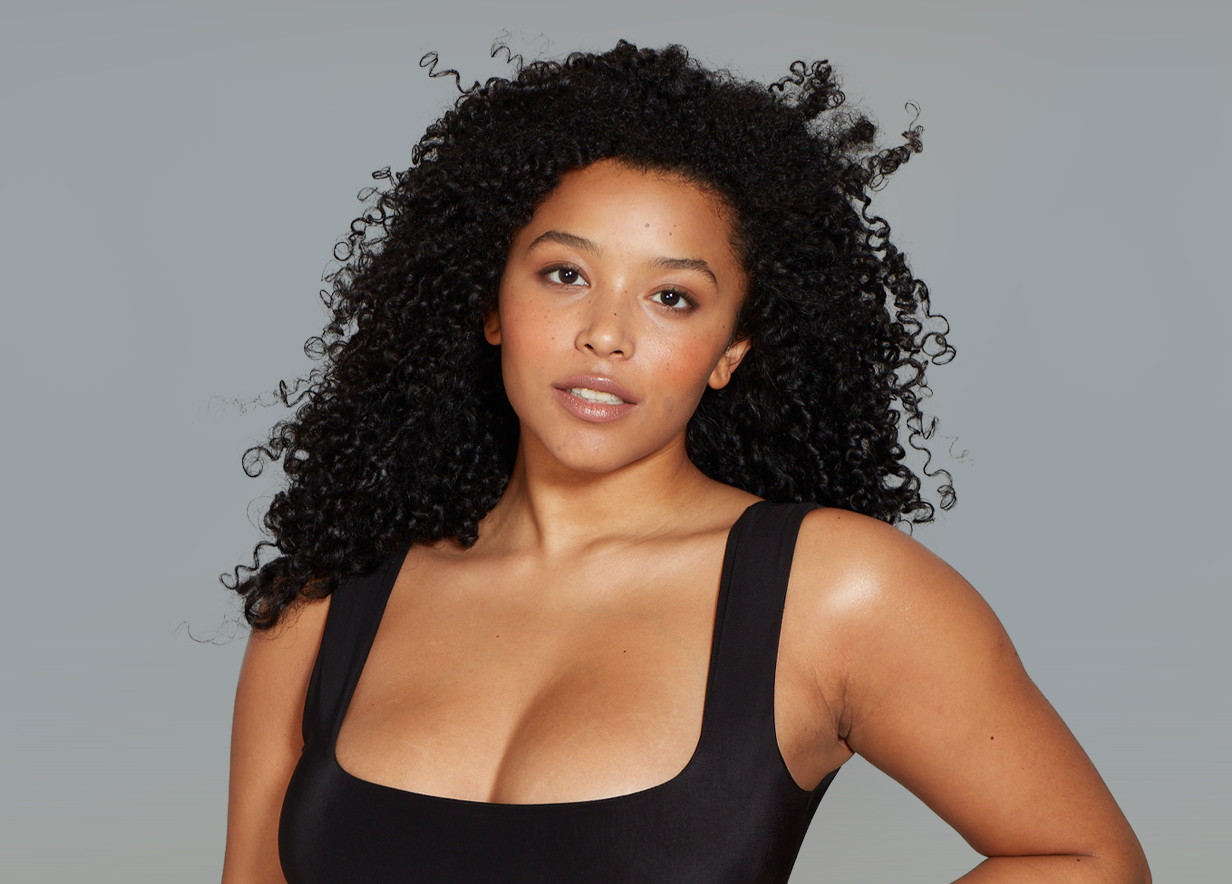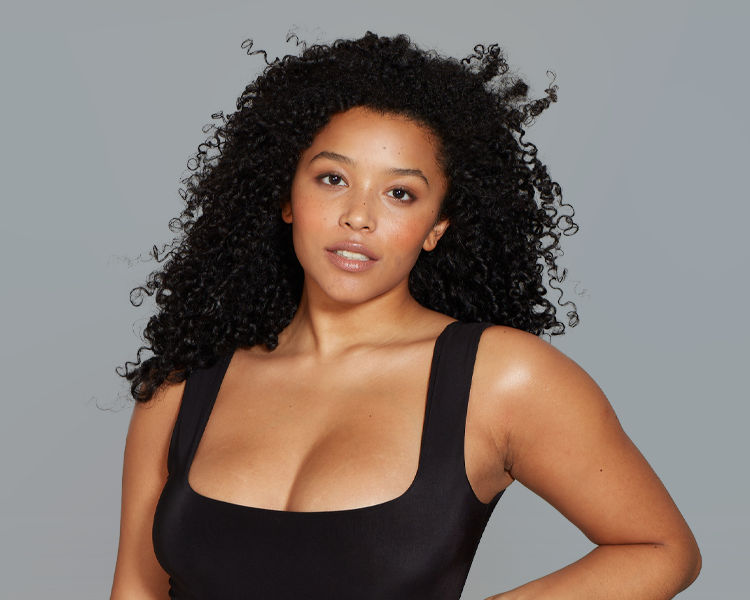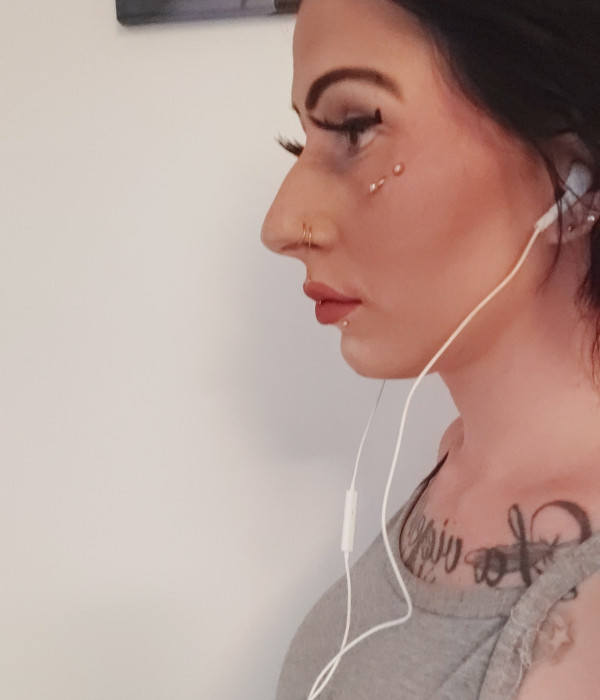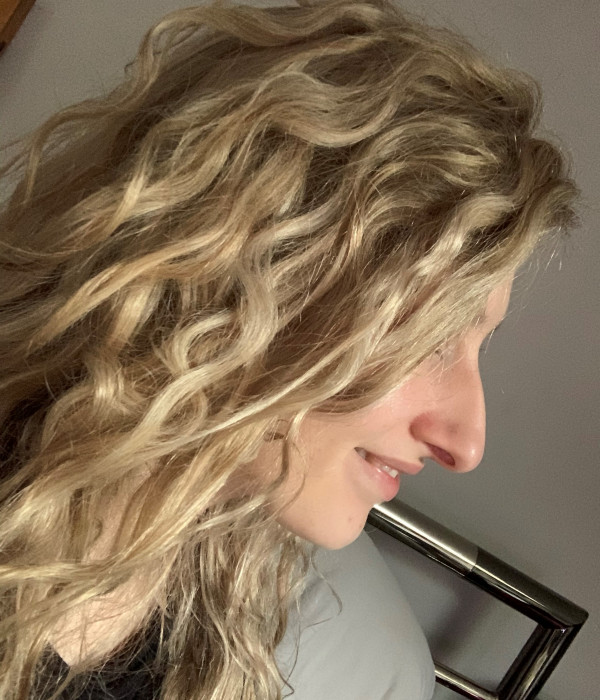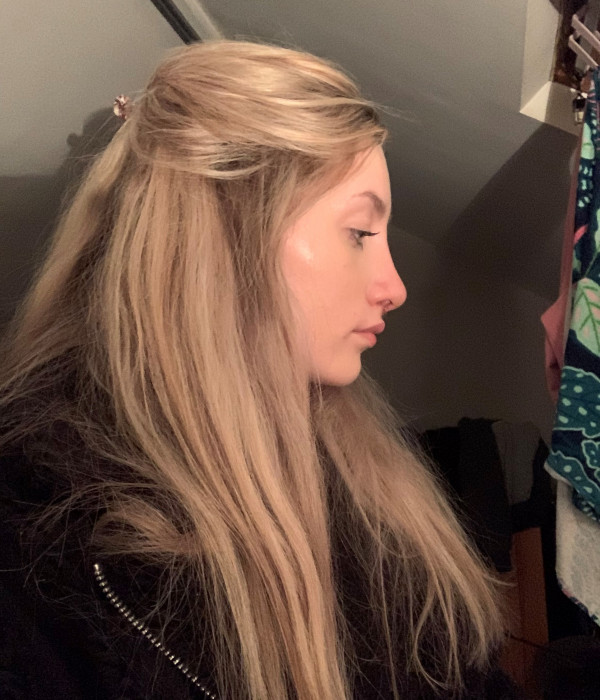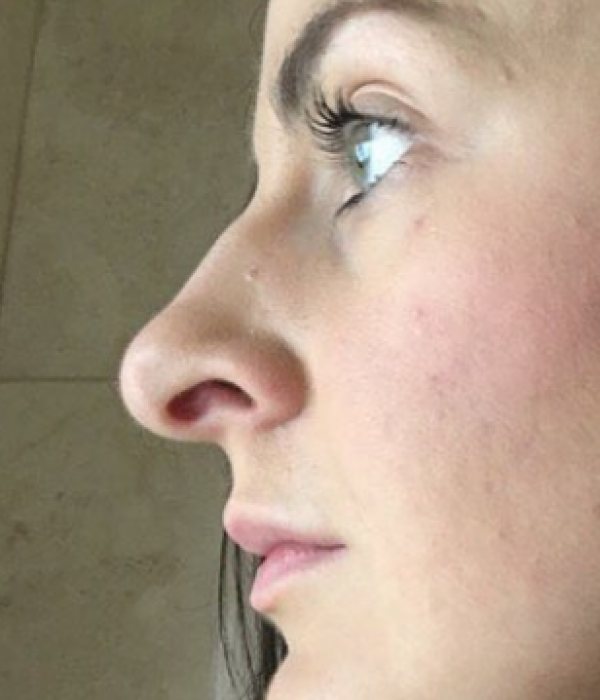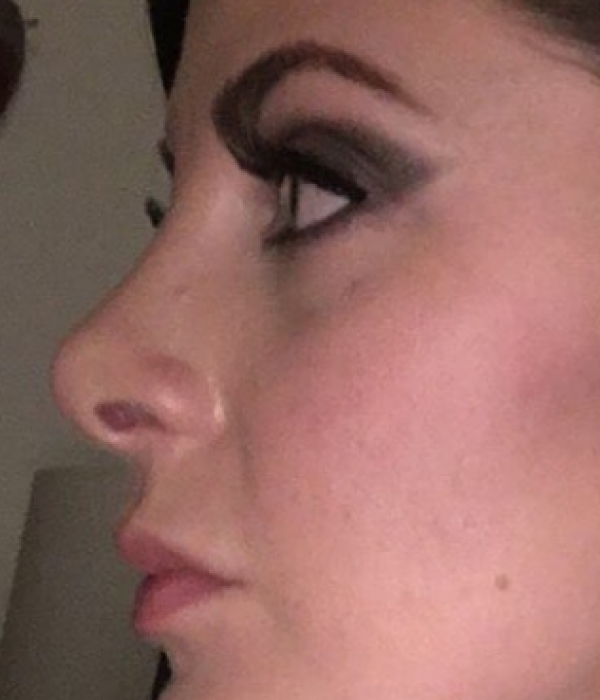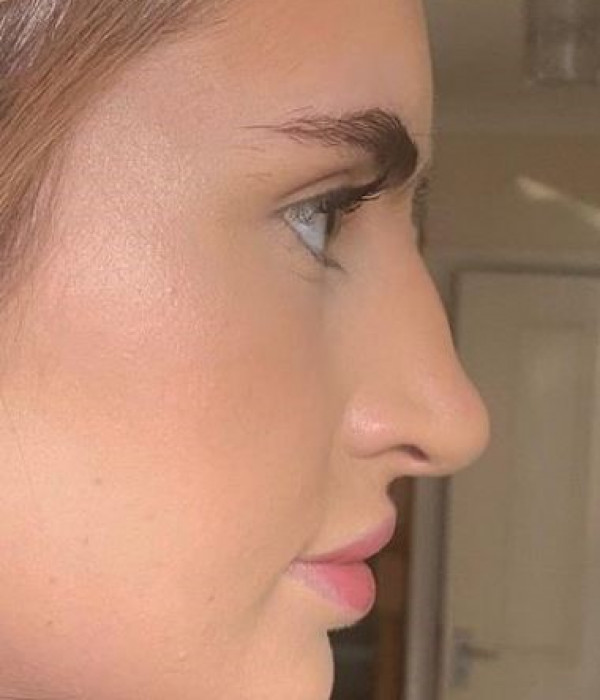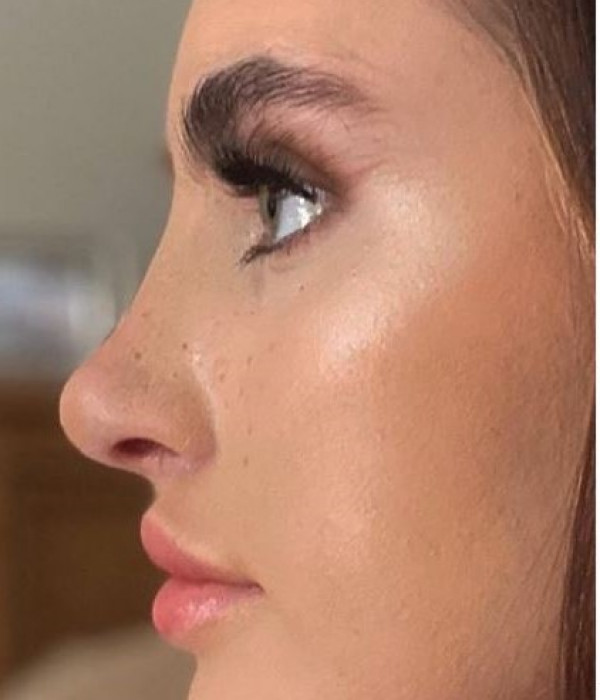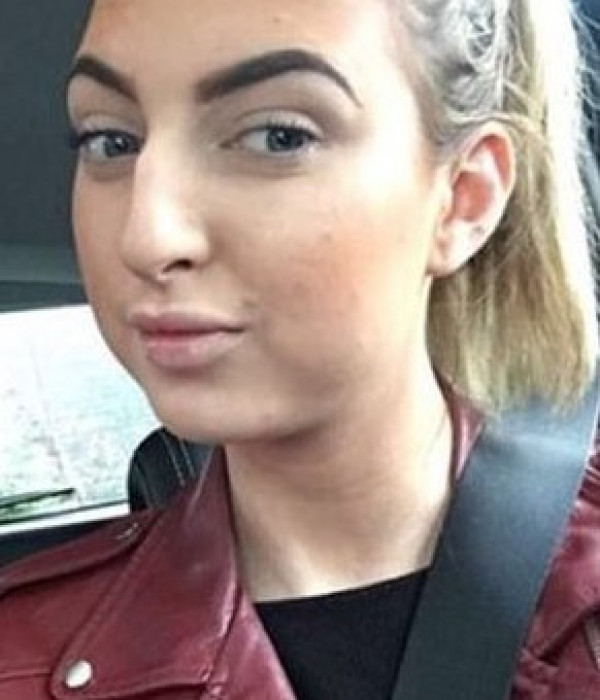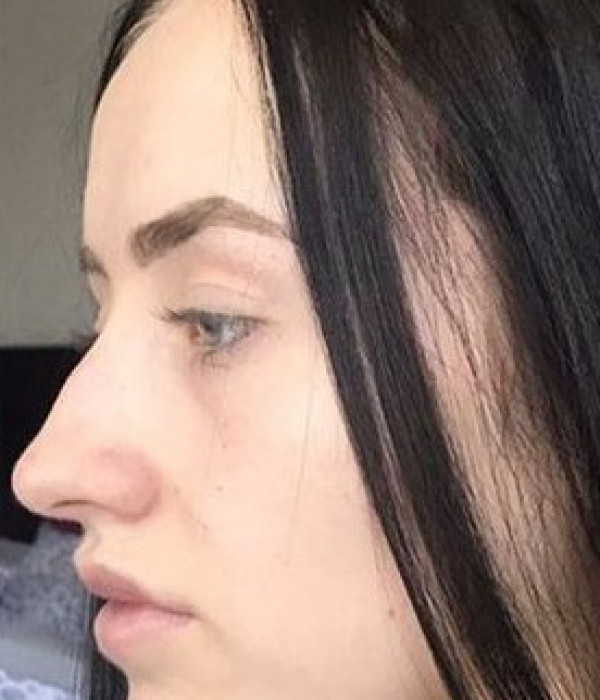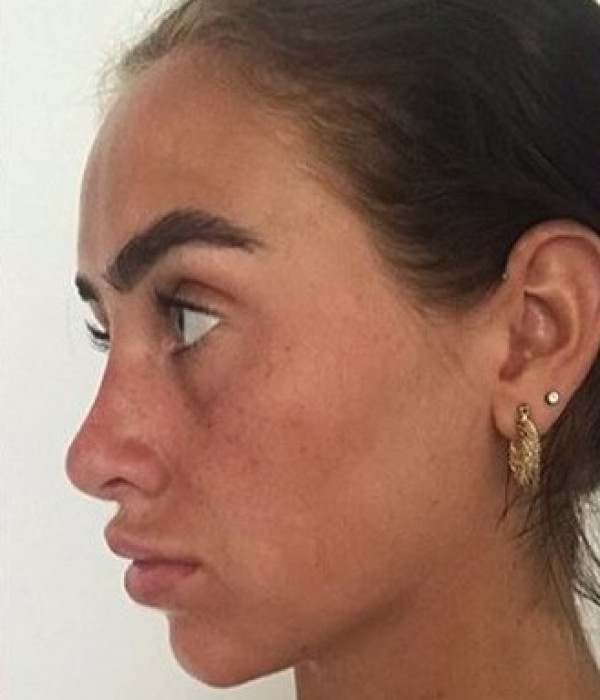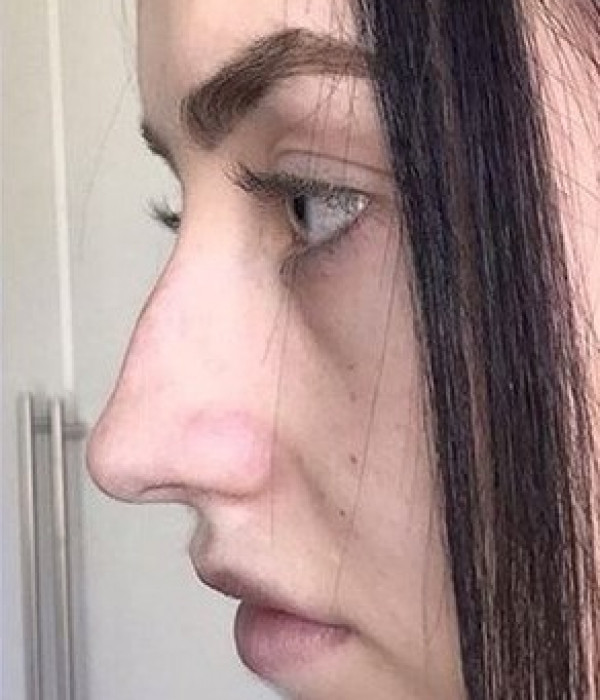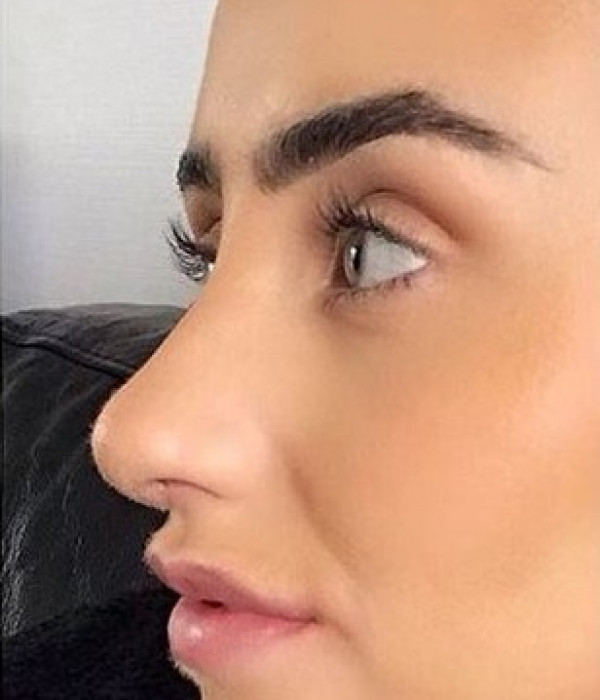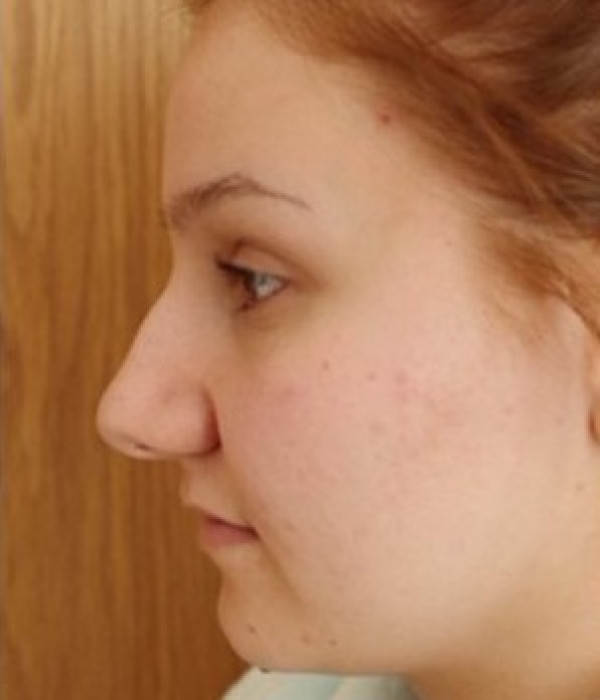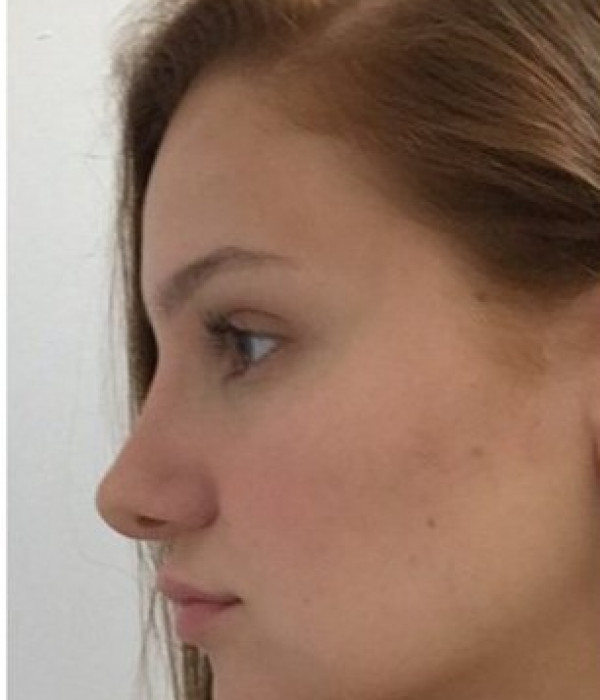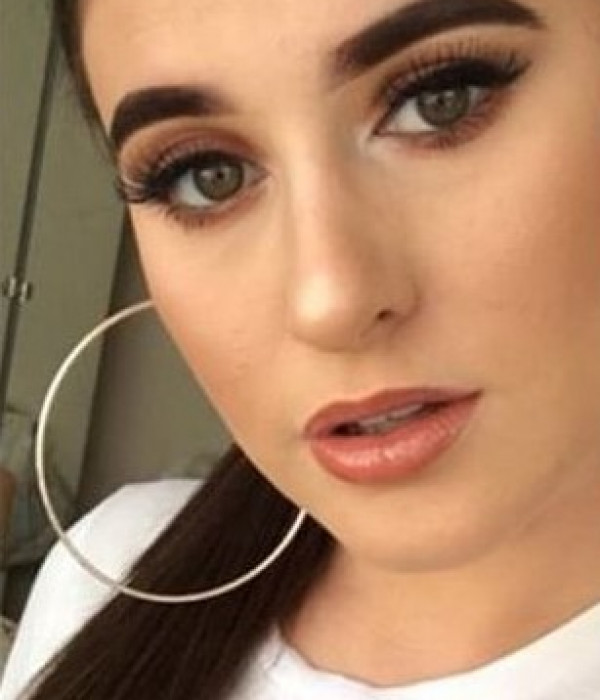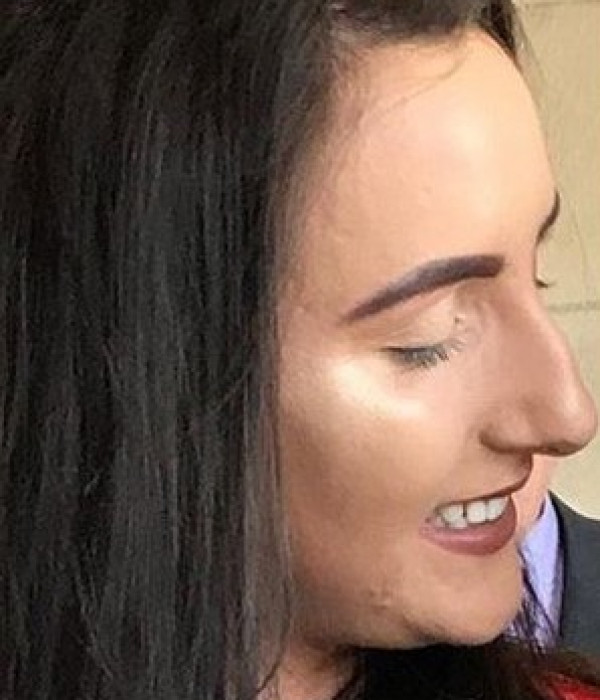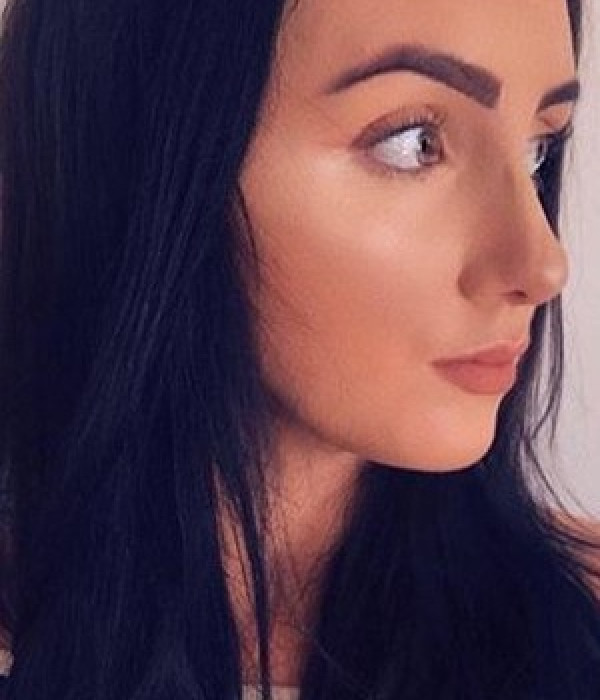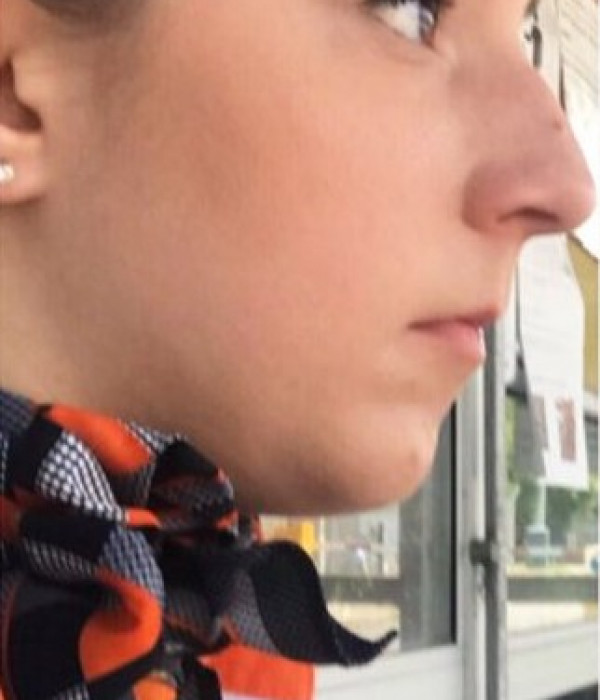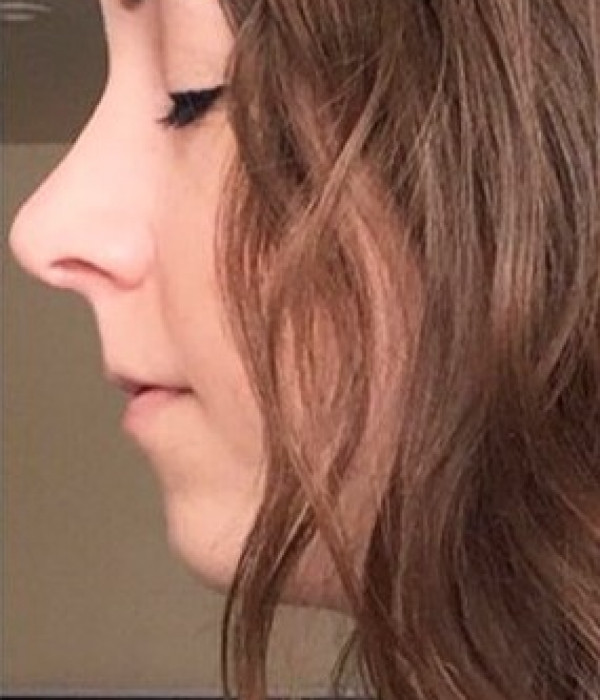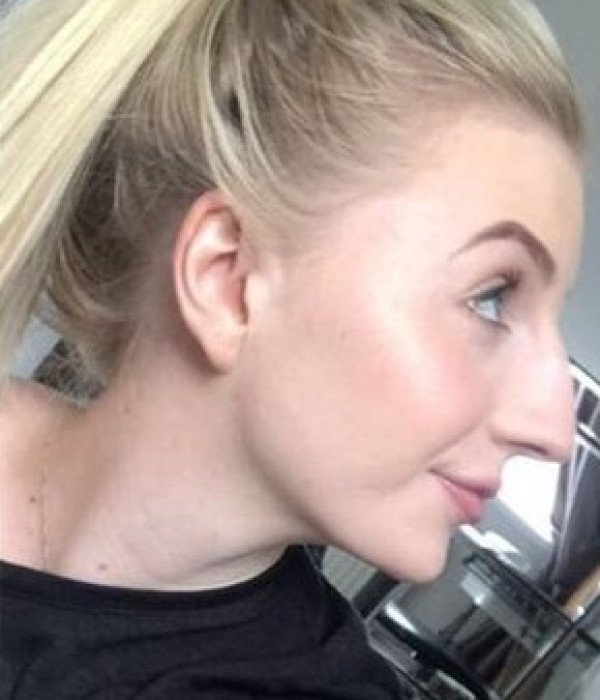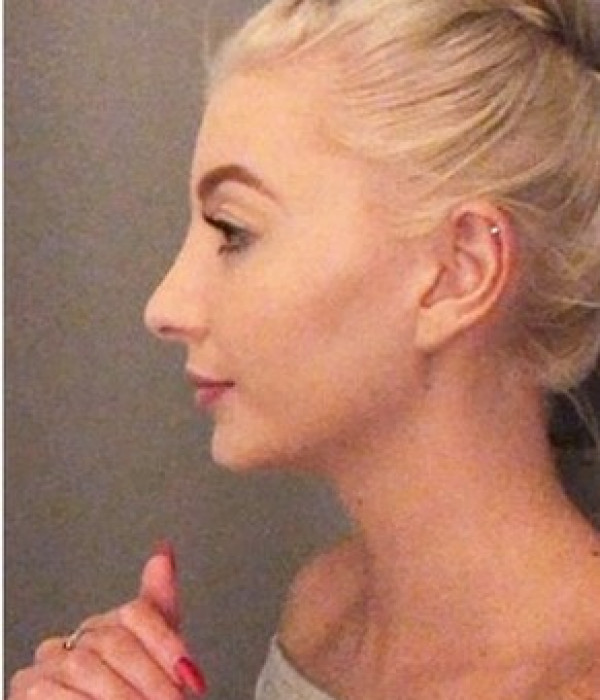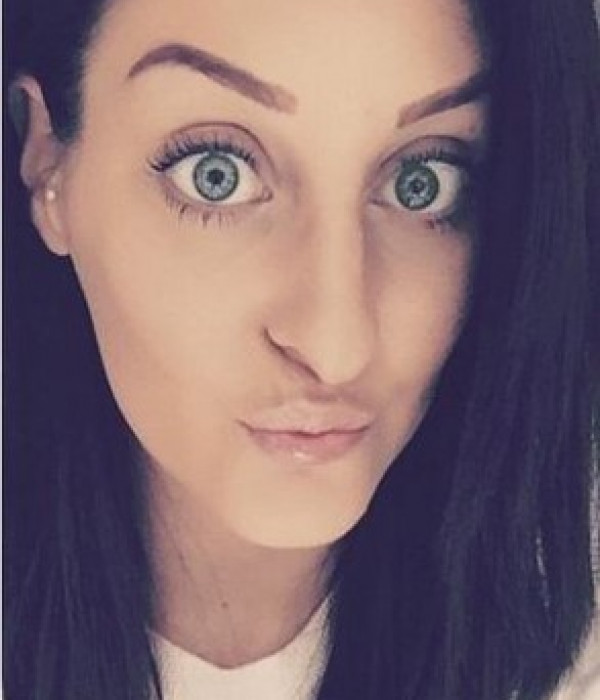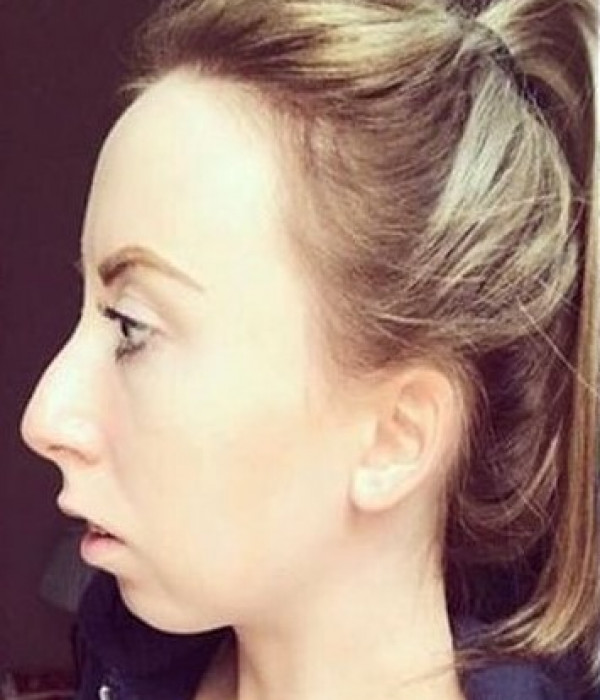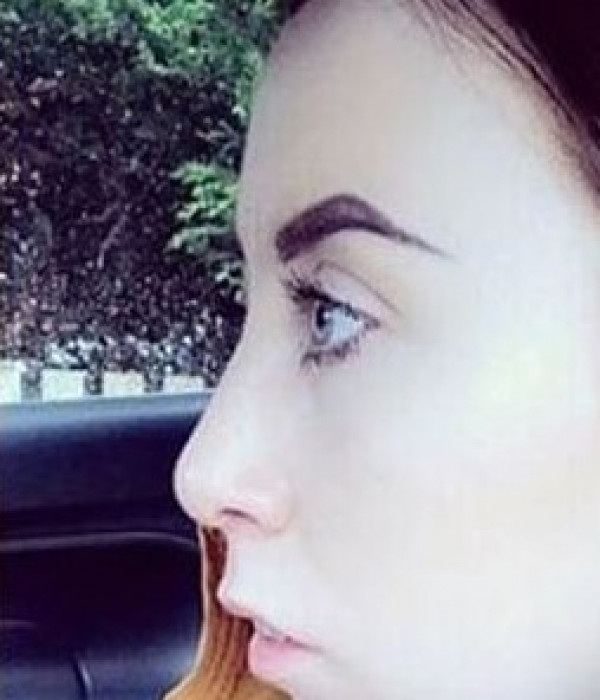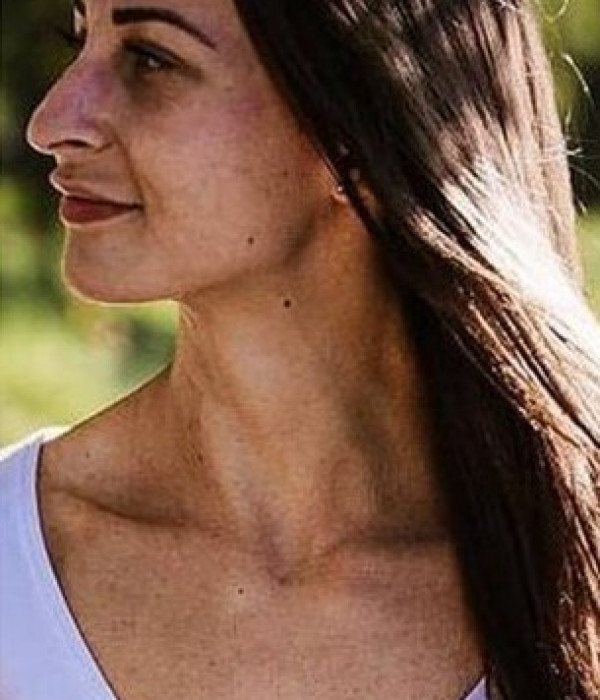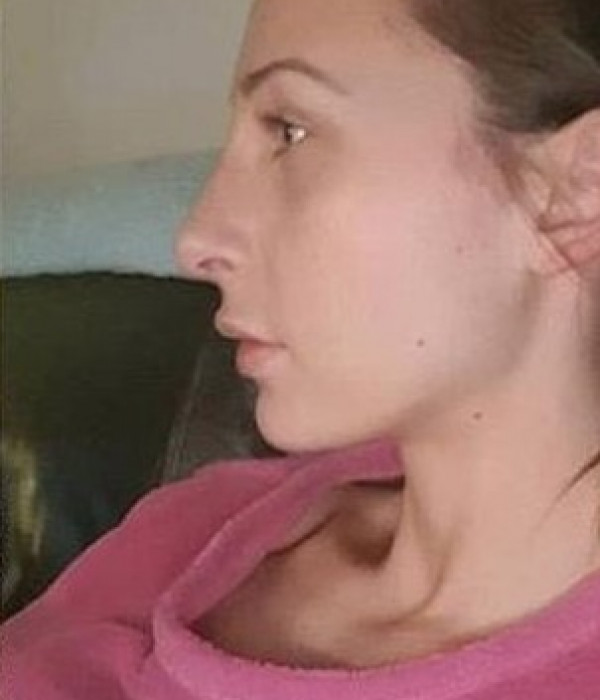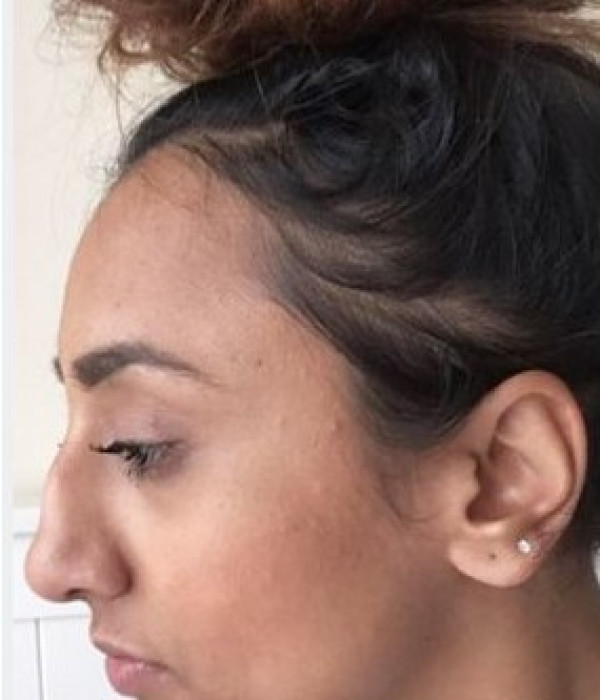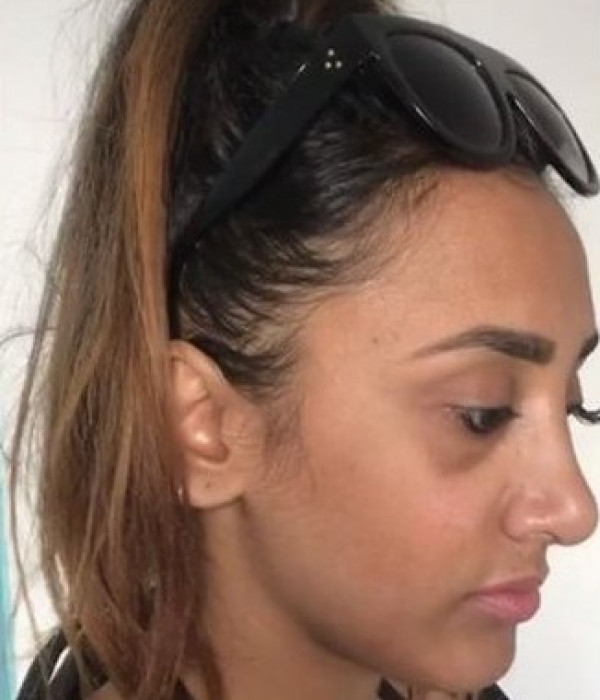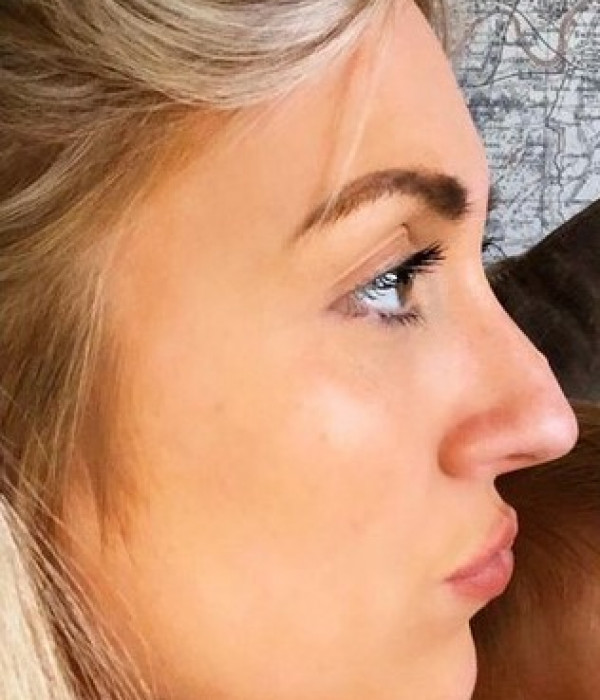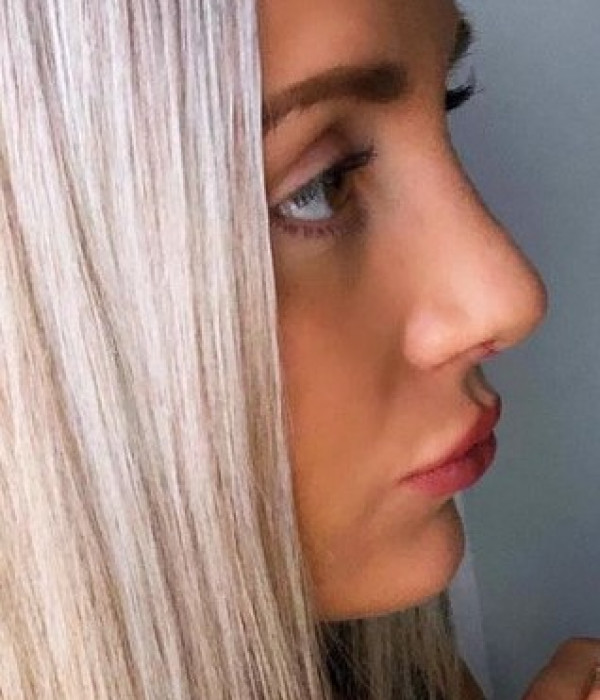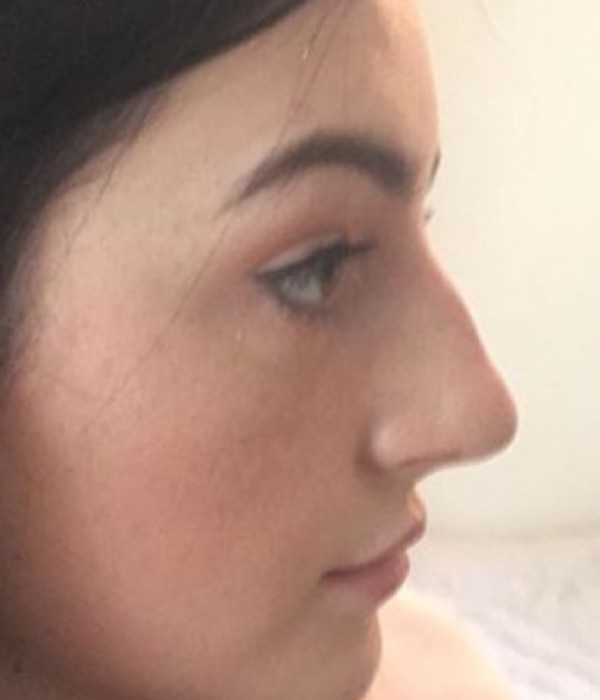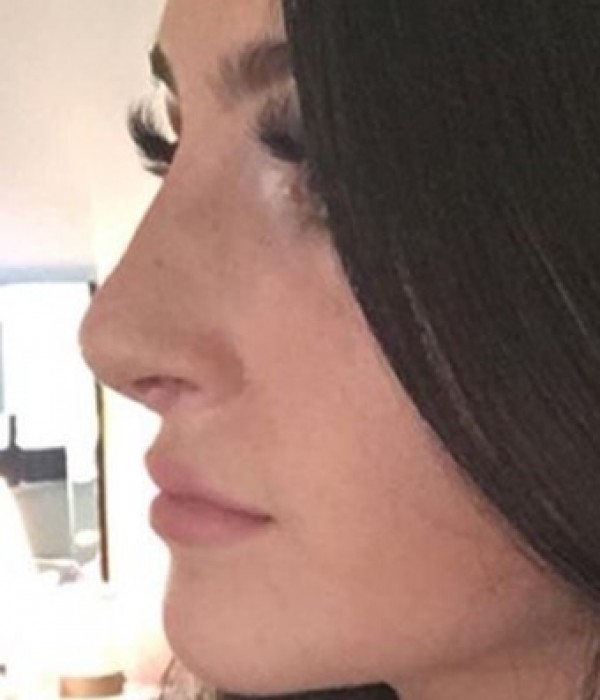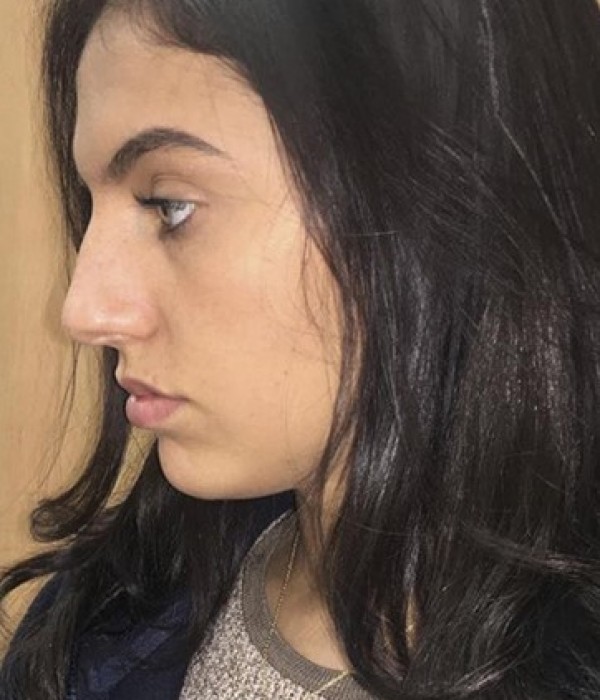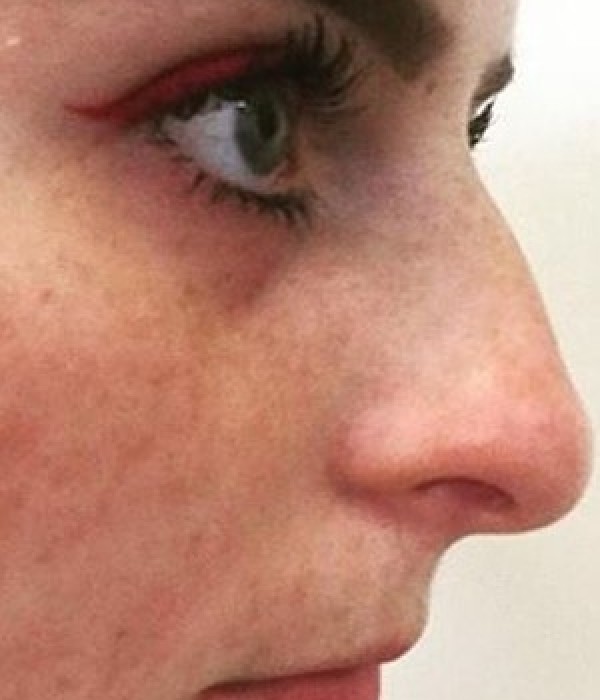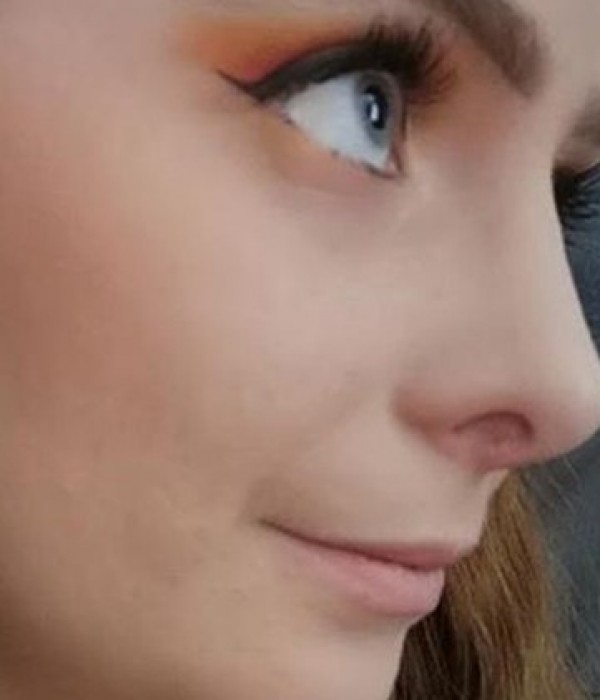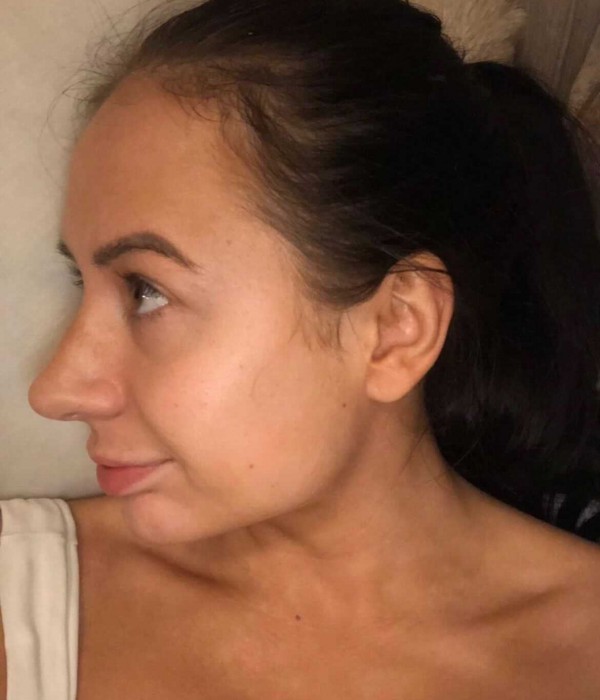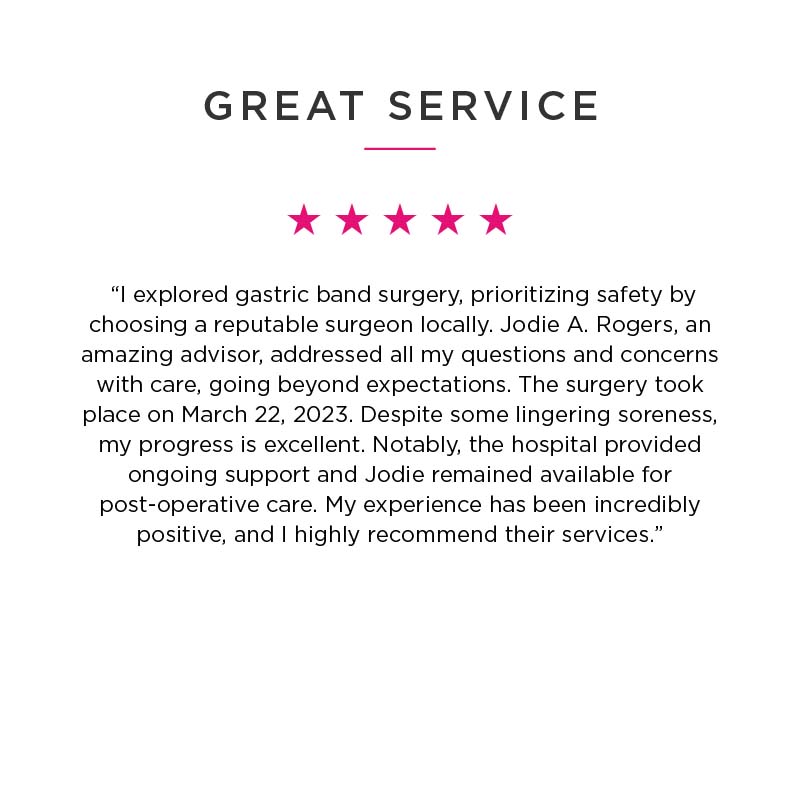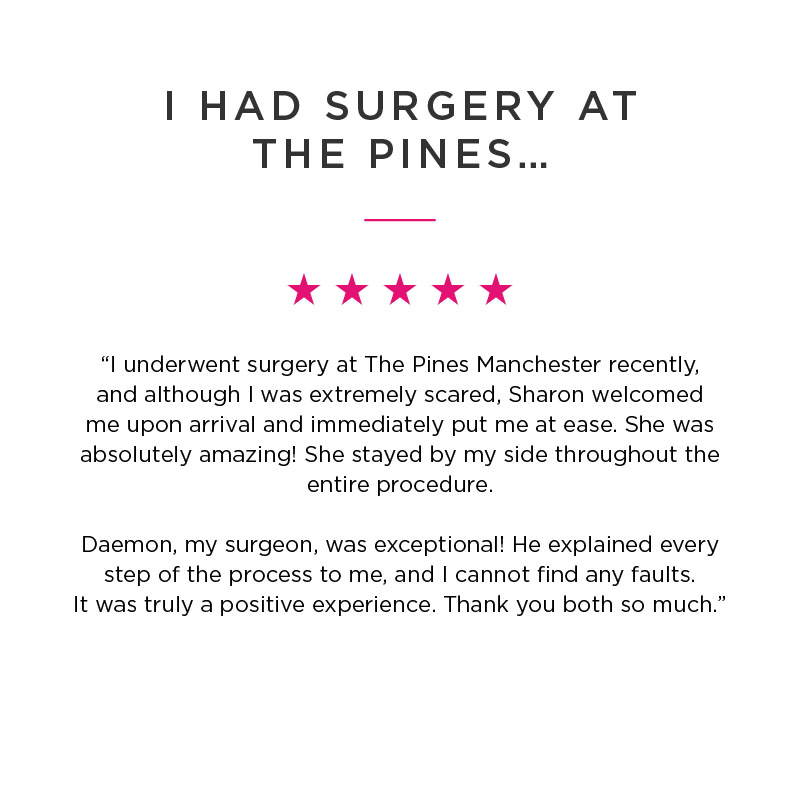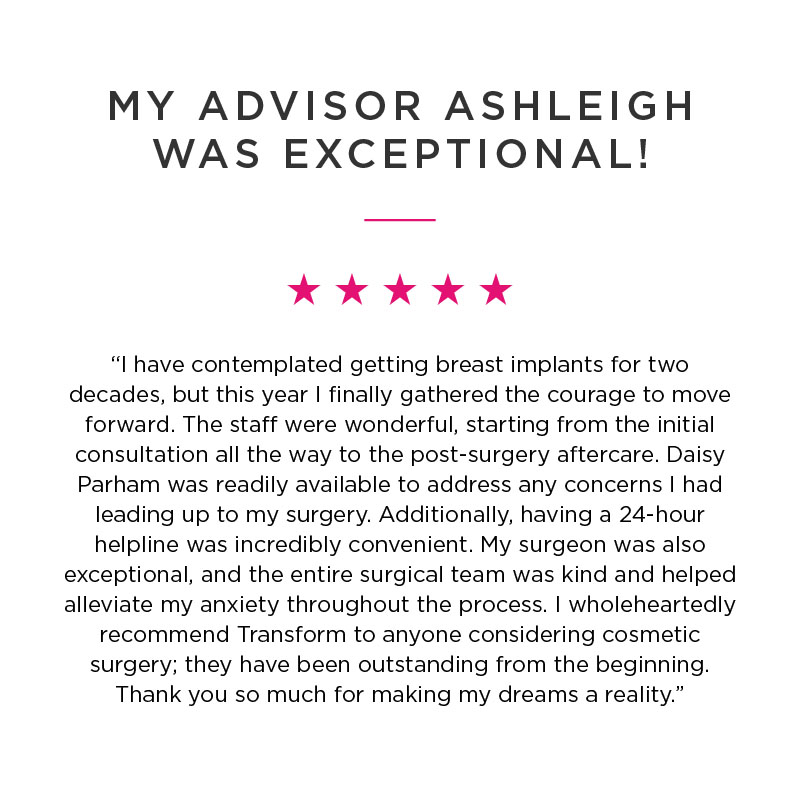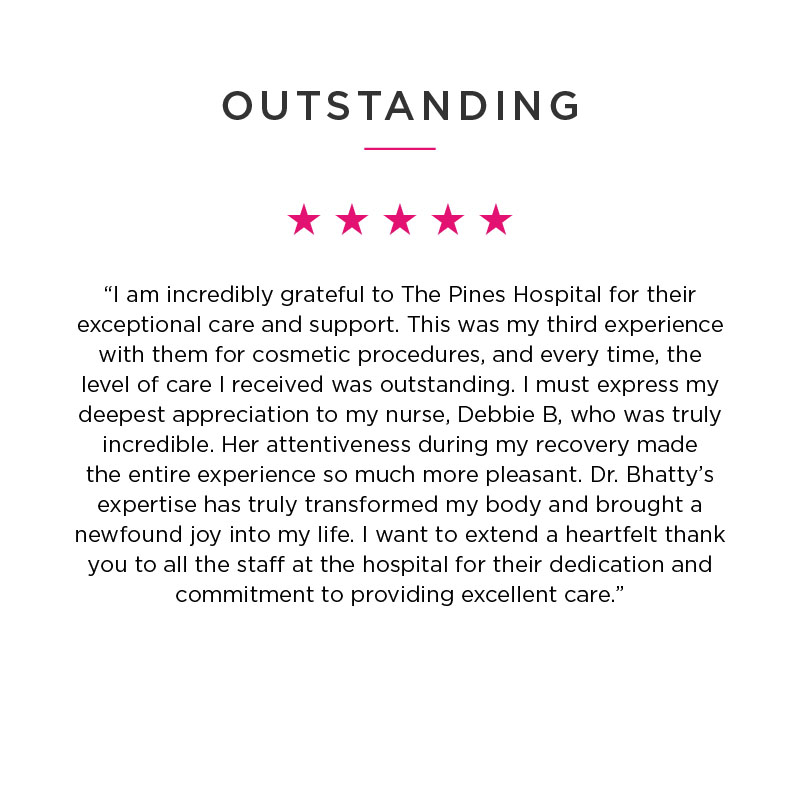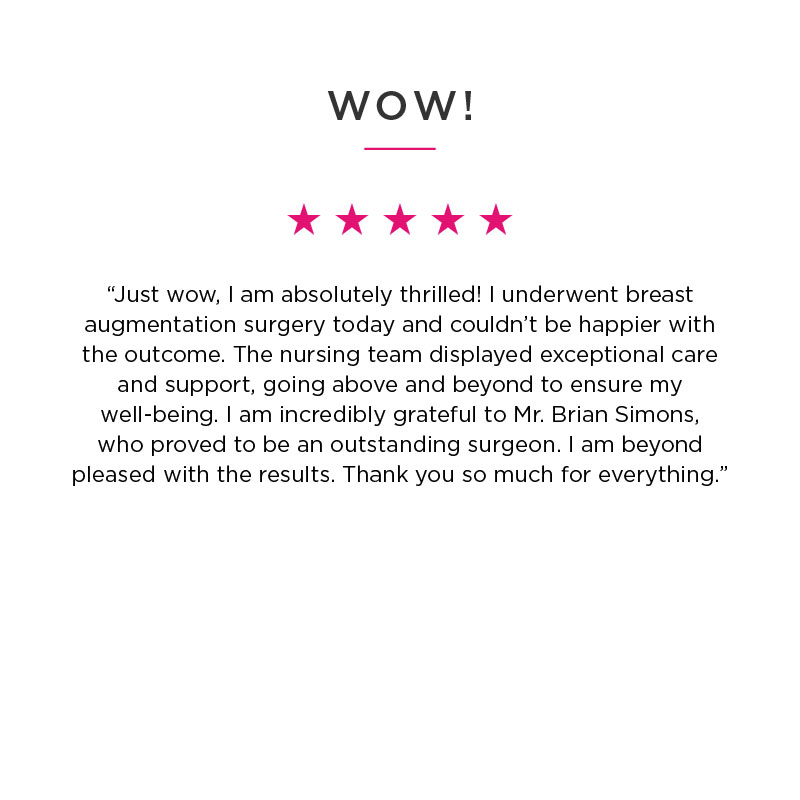What are the different types of rhinoplasty?
Nose reshaping surgeries change the appearance of the nose through shaping and altering bone, cartilage, and tissue. There are a number of types of nose job, with each focused on a different concern. Nose reduction surgery involves removing parts of the nose to reduce its size and change its shape. This is typically a closed rhinoplasty procedure, resulting in no visible scarring and a shorter recovery time. However, the choice of procedure can differ depending on the individual, so closed surgery is not always possible for everyone. Nose augmentation surgery involves taking bone from the hips, elbow, or skull, and cartilage from the ears, and using this to create a graft that reconstructs or builds up part of the nose. Rhinoplasty can also change the shape of the nose without removing or adding bone or tissue. This is done by breaking the nose bone and moving the cartilage and bone into a new position that is then set in place. Septoplasty procedures are used to change the shape of the nasal septum – for aesthetic reasons, or to curtail breathing difficulties – by moving the septum and removing any tissue or cartilage, if needed. Rhinotip (nose tip surgery) correction surgery changes the tip of the nose and nostrils through the alteration of the cartilage. The specific type of nose job that might help you is best decided through a consultation between you and your surgeon. With their expert help, you will be able to further understand the rhinoplasty options available to you, which would best suit you, and what the realistic results will be.
What are the benefits of nose surgery?
While nose surgeries are not recommended for everyone, they can provide several benefits. Firstly, by changing the size or shape of the nose, the face can be given a more harmonious appearance. This can give you more confidence in how you look, and greater self-esteem.
Rhinoplasty may also help you breathe more easily, which can improve sleep, stop snoring, allow more intense exercise, and solve sinus problems. And nose surgery can be used to reconstruct the nose and restore its appearance too; remedying a birth defect or fixing a historical nose break that did not heal correctly, for example.
What are the risks of rhinoplasty?
Rhinoplasties are medical procedures, so there will always be a slight risk. That said, you can be sure that our experienced, skilled, and regulated surgeons in the UK have performed thousands of nose reshaping surgeries without incident. There is a very slight risk of infection following a nose job, alongside anaesthetic complications, post-operation scars, numbness, pain, or bleeding. Bruising and swelling, while typically not risks in and of themselves, are common after rhinoplasty procedures too. You should always be aware of the risks before you commit to a rhinoplasty procedure. That’s why your advisor will fully explain them all, so you feel as confident and reassured as possible before making your choice. Pre-operation screening will also be conducted, minimising any rhinoplasty risks further.
Why choose Transform for your UK rhinoplasty?
Whatever the reason for your nose surgery, our goal is to provide you with a first-class standard of care that guides you through your journey and puts you perfectly at ease. As one of the leading rhinoplasty specialists in the UK, our approach is focused entirely on getting you the results you want to see, boosting your confidence as a result.
Your wants and needs are what matter when considering a rhinoplasty. If you choose Transform, you’ll benefit from a deeply consultative approach that’s totally personalised to you, alongside many other benefits:
- Our highly experienced team of rhinoplasty surgeons. Registered by the General Medical Council (GMC), they have guided thousands of women through cosmetic and reconstructive nose surgery, providing amazing results.
- Our specialist Care Quality Commission-registered clinics. There, you’ll experience friendly, professional service at leading facilities, before receiving high-quality aftercare 24/7 for up to two years after your rhinoplasty procedure.
- Straightforward costing means you gain a complete view of the price of your nose reshaping surgery, and flexible finance options mean it’s more affordable too.
- All our clinics operate completely in line with Care Quality Commission, Healthcare Infection Society, and Healthcare Inspectorate Wales guidelines. This means you’ll receive the best possible quality of care, peace of mind, and results.
How much will nose surgery cost?
Transform is a responsible provider of cosmetic surgery. We know every patient is different, so your nose surgery treatment will be completely personalised, including the price. Our free face-to-face, no-obligation consultations will provide you with a detailed insight into our pricing that lets you know how much your rhinoplasty will cost. While cost may be a key factor in your final decision, the permanent nature of nose surgery means you should consider the level of rhinoplasty care you receive, the clinic’s reputation for patient safety, and the expertise and experience of your rhinoplasty surgeon. That way, you can make sure you minimise the need for follow-up surgeries, and the overall risk of complications.
Can nose surgery help with breathing difficulties?
Yes, nose surgery can be a good option for women with breathing difficulties. Your rhinoplasty surgeon will discuss the symptoms of your breathing problem and examine you so they can advise on the best course of action.
How much time will I need to take off work?
It typically takes up to two weeks for bruising and swelling to reduce once you’ve had your nose surgery, so often our clients will book between a week and a fortnight off work. The amount of time required does depend on how physically demanding your job is, but your rhinoplasty surgeon assistant can discuss this in more detail with you.
Does rhinoplasty require general anaesthesia?
The need for general anaesthesia differs depending on the type of rhinoplasty procedure taking place. Some short nose jobs, such as those occurring on the tip of the nose, only require a local anaesthetic, while those that involve cartilage and bone will usually be performed under general.
Whatever you require, we’ll talk you through your options before we book your nose surgery, so you’re completely happy with the type of anaesthetic we recommend.
How long does nose surgery take?
Nose surgery typically takes between one and a half and three hours to complete. That said, the specific duration of your surgery may be shorter or longer, as different procedures take different periods of time. It’s likely you will need to stay overnight in one of our hospitals afterwards, which means a full 24 hours is typically required for the whole nose cosmetic surgery procedure.
How long will I have to stay in hospital after my nose reshaping?
After your nose plastic surgery, you will probably need to stay overnight in one of our hospitals – sometimes for two nights. The need for this differs by procedure, so we’ll talk you through our recommendation before we arrange your surgery.
How long will it take to recover from my nose surgery?
The time it takes to recover from rhinoplasty depends on the person. A dressing is typically worn for the first 12 hours. Any incisions are closed with dissolvable stitches that disappear after a week or so, and you may need to wear a splint across your nose for around a week. Bruising will fade after at least two weeks, and it may take a few months before your nose settles into its altered shape.
Patient aftercare is our priority, so whatever your rhinoplasty procedure, we’ll let you know what you should and shouldn’t do to make sure you experience a speedy recovery and optimal results. We’ll check up with you across several post-operative appointments too. These are a chance to make sure your nose job recovery is going well and you’re happy with the end result.
Will there be any scarring from my nose surgery?
Typically, rhinoplasty incisions are made inside the nostrils, which means you won’t see any scars. If your nose job requires open rhinoplasty, your nose surgeon may make an incision in between your nostrils, or on each side of your nostrils. These can leave very fine scars, but usually these are difficult to notice. To make sure you know exactly what to expect in terms of scarring, your surgeon will explain what nose surgery you’ll be having, how it will be performed, and what scars might be formed as a result.
Is nose plastic surgery right for me?
If you are considering nose cosmetic surgery, you need to be sure it is the right choice for you. That’s because nose surgeries are typically irreversible.
Changing such a significant aspect of your facial appearance permanently is not a small decision. You need to be aware that perfection is never achieved (through nose reshaping or any other procedure), and that your expectations may differ from the result.
How long have you thought about the procedure? Why are you thinking about it now? What will it change in your life? These are the sorts of questions you should ask yourself while consulting with your advisor and surgeon regarding a rhinoplasty. That way, you can be sure it’s the right choice for you over the long term.
You should also be sure that you have the correct nose reshaping procedure performed. This is also covered during the consultation period so you can have all the expert knowledge needed to make an informed decision about your health and appearance.
To ensure your safety, your advisor will also assess your full medical history. And a pre-operation screening will ensure you have the level of physical fitness required to go ahead with a nose surgery, too.
Rhinoplasty, commonly known as a ‘nose job’, is a type of cosmetic surgery that alters the appearance of the nose. Typically, rhinoplasty surgery involves adjusting or reshaping bone, cartilage and tissue to change the shape and/or size of the nose. There are many different types of nose jobs available which you can find out more about below.
How long will my rhinoplasty last?
Rhinoplasties usually last a lifetime, given that they are permanent. That said, your nose will age as you grow older and the collagen in your tissues breaks down naturally. This can sometimes slightly affect how your nose looks, its structure, or the appearance of any scarring from your nose surgery.
Every procedure and person is different, so your consultation will focus on the long-term impact of your rhinoplasty, including how its look might change over time as you age.

